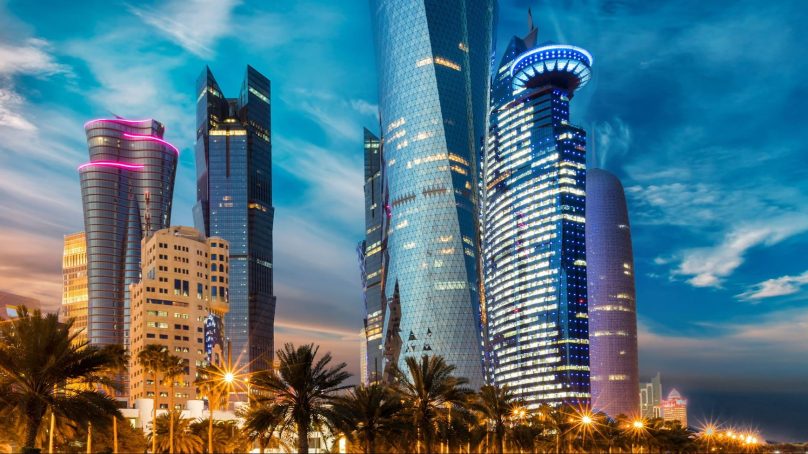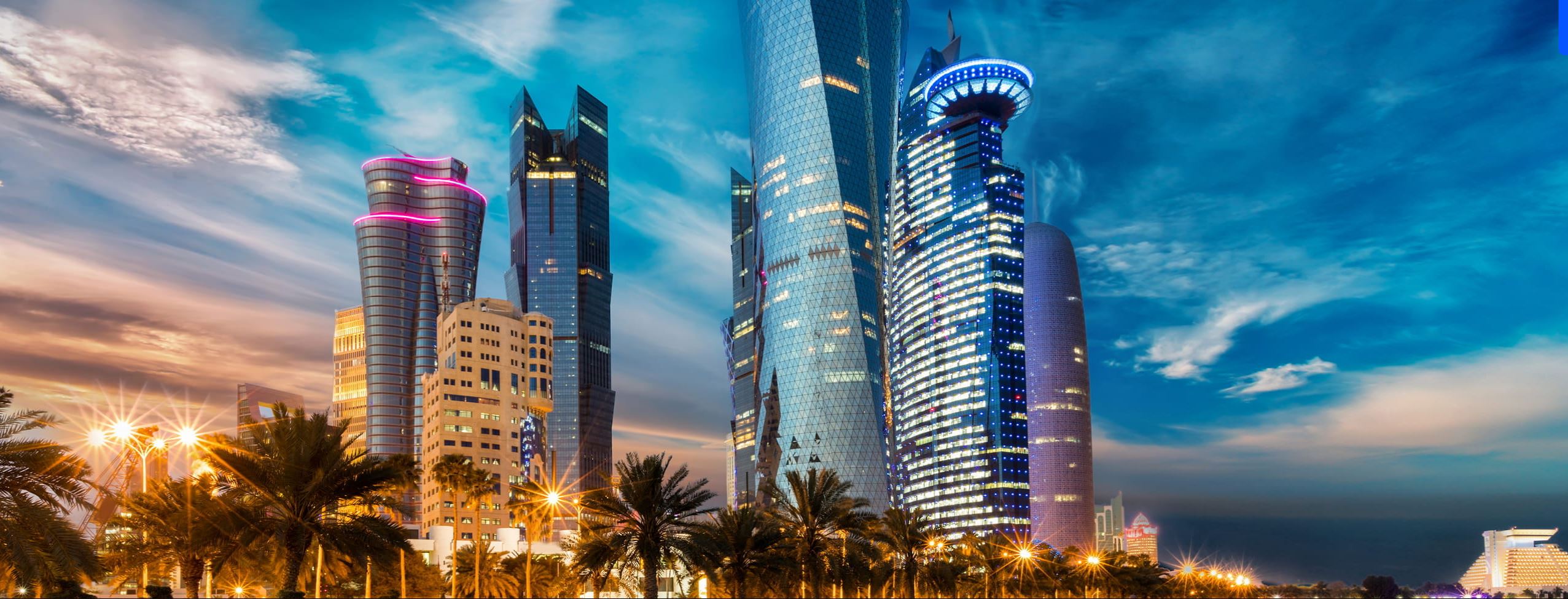According to new data, which was released ahead of the Future Hospitality Summit, the Middle East’s hospitality investment outlook has revealed KSA, UAE and Egypt to be at the forefront of investment.
Hospitality and residential investments in the Middle East
Hospitality and residential projects worth USD 1.9 trillion are currently under development in the Middle East. Saudi Arabia, the United Arab Emirates and Egypt collectively account for 90 percent (USD 1.7 trillion) of this investment. This data comes ahead of the Future Hospitality Summit, which kicked off on September 25 in Abu Dhabi.
According to Knight Frank, Saudi Arabia leads the region’s project investment, with USD 1.2 trillion in the pipeline. The UAE follows with USD 300 billion and Egypt with USD 200 billion. This underscores the Middle East’s commitment to welcoming 160 million annual tourists by 2030.
Turab Saleem, partner and head of HTL MENA at Knight Frank, said: “The Middle East was the first region globally to achieve a complete business recovery after the pandemic. The ME’s travel and tourism sector recorded a 46.9 percent increase in its contribution to GDP this year, the highest worldwide.”
Saleem added: “The influx of new hospitality and tourism-related projects in the region is fostering new trends that add value and efficiency and yield better investment returns. Simplified visa processes, aggressive marketing campaigns, green initiatives, innovation and technology, increased connectivity with new players in the airline sector, personalized guest interaction and a booming holistic health and well-being industry all play a key role in the growing success of the Middle East’s tourism industry.”
The growth hospitality sector in the Middle East
Hala Matar Choufany, president of MEA and South Asia at HVS ME, said: “We have experienced exponential growth over the last 15 years supported by a massive increase in hotel supply. In addition, the number of quality hotel rooms in the region grew from approximately 100,000 in 2010 to 540,000 in 2022. Occupied room nights increased from 27 million to 135 million. Furthermore, the region expects to add 180,000 hotel rooms over the next five years. The projected room nights occupancy to jump to 184 million by 2028. Significant government budgets have played a pivotal role in encouraging private investments and attracting foreign direct investment to the region. Today, the Middle East is poised for higher growth compared to other regions.”
James Wrenn, executive director and head of capital markets, MENA at Colliers, stated: “There’s a strong appetite for the hospitality asset class, particularly in Dubai and Ras Al Khaimah. This is boosted by last year’s strong performance and the ongoing development of the UAE as a top-tier tourism destination. Buyers are now scrutinizing transactions more closely.”
The Future Hospitality Summit is organized by The Bench. Click here for the full program.


















